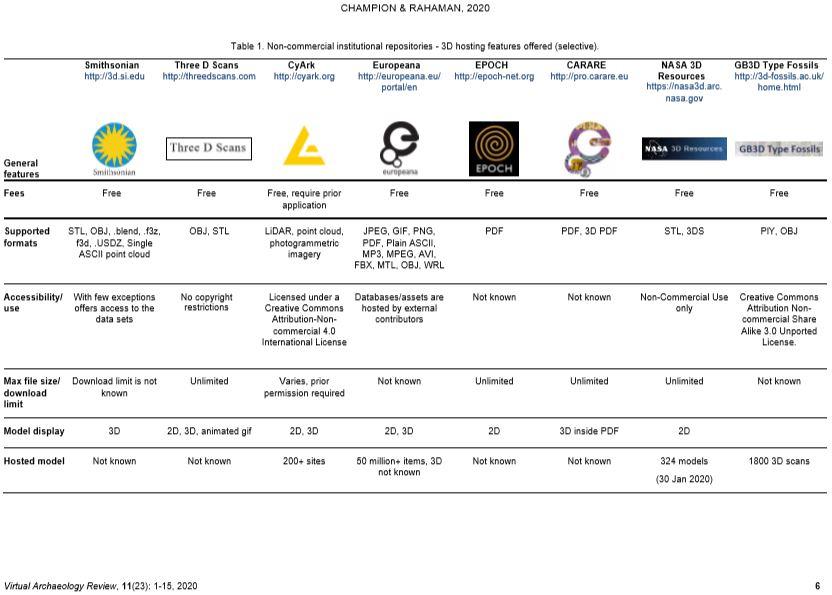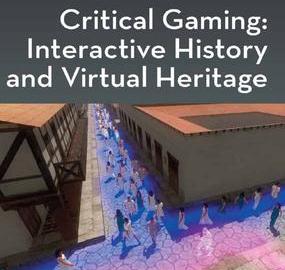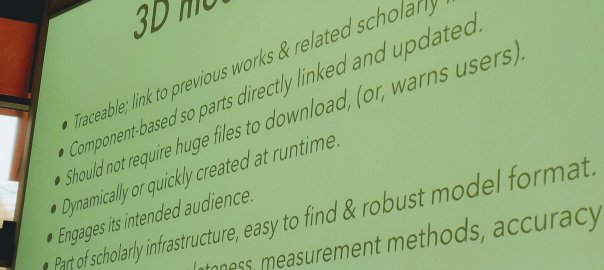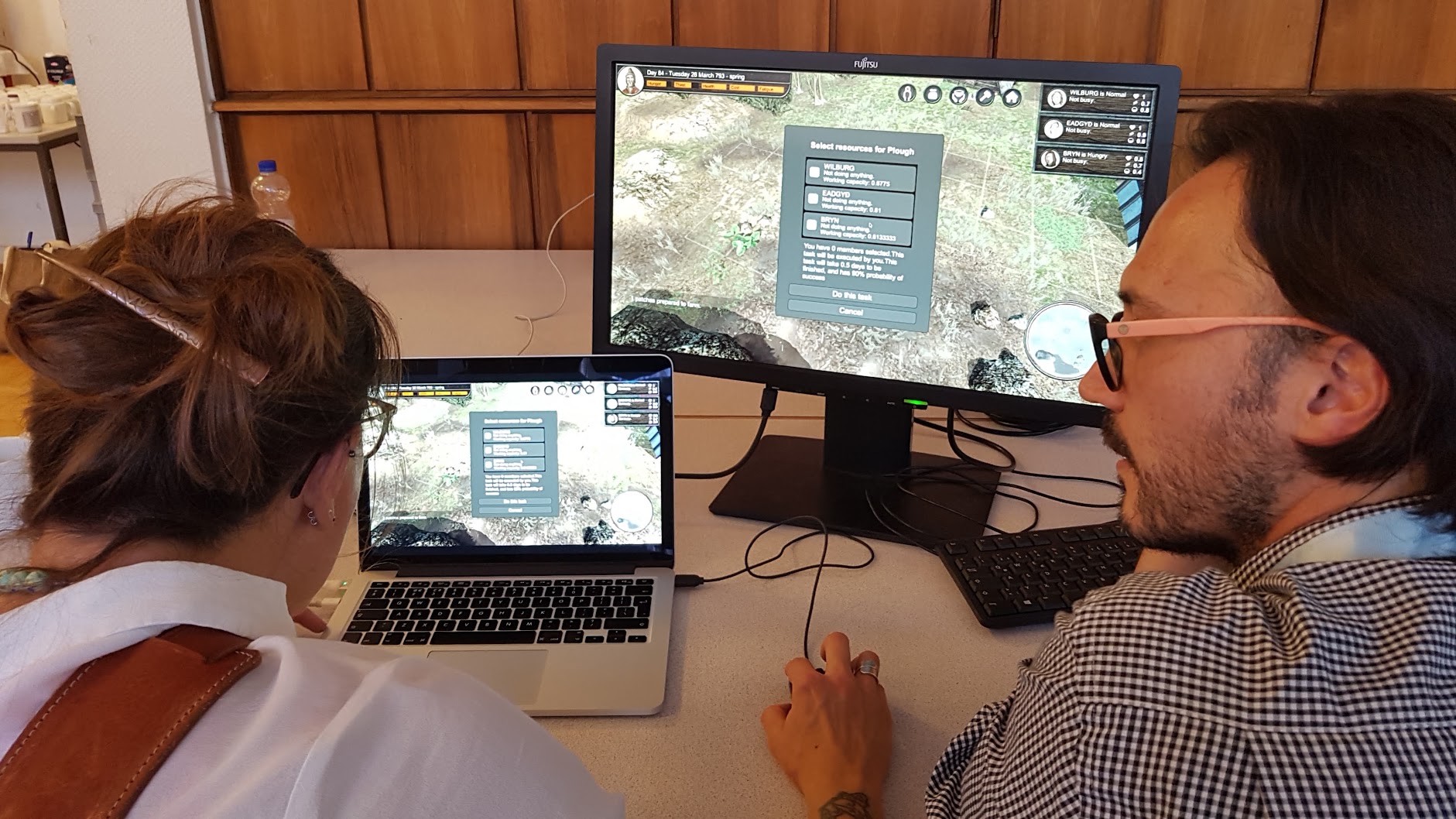I have been busy writing job and grant applications and lecture presentations.
But still intending to publish/finish the below:
Pending, To Be Presented or Published
Books and edited books in press or under review
- Champion, E. (2021: in press). Rethinking Virtual Places. Indiana University Press, Spatial Humanities series.
- Champion, E. (Ed). (2021). Virtual Heritage: A Concise Guide. Ubiquity.
- Lee, C. & Champion, E. (Ed). (2021: pending). Screen Tourism and Affective Landscapes. Edited book.
- Proposing a book on VR and Philosophy, more details soon.
Book Chapters in press
- Champion, E. (2021: pending). Biodiversity and Cultural Diversity: Virtual opportunities.” In Biodiversity in connection with Linguistic and Cultural Diversity. Vienna, Austria. Chapter accepted.
- Champion, E. (2021: under review). “Not Quite Virtual: Techné between Text and World.” In Texts & Technology: Inventing the Future of the Humanities, edited by Anastasia Salter and Barry Mauer, University of Central Florida, Orlando Florida USA. Chapter.
- Champion, E. (2021: under review). “Workshopping Game Prototypes for History and Heritage.” In Digital Humanities book, Politecnico di Torino, Italy. Aracne Publishing Company. Chapter.
- Champion, E., Nurmikko-Fuller, T., & Grant, K. (2021: pending, invited). “Blue Sky Skyrim VR: Immersive Techniques to Engage with Medieval History.” In Games for Teaching, Impact, and Research edited by Robert Houghton, Winchester University. De Gruyter. Abstract accepted, full chapter due March 2021.
- Champion, E. and Hiriart, J. (2021: pending). Game Prototyping with Board Games. In Playing Place: Board Games, Architecture, Space, and Heritage, edited by Chad Randl et al. Publisher to be advised.
- Champion, E., & Hiriart, J. (2021 pending). Game Prototyping with Board Games. In C. Randl & M. Lasansky (Eds.), Playing Place: Board Games, Architecture, Space, and Heritage. Publisher to be advised.
Upcoming or Completed Recent Invited Talks/Keynotes
- https://www.mq.edu.au/research/research-centres-groups-and-facilities/resilient-societies/centres/cache/news-and-events4/living-digital-heritage-conference-october-2020
- Invited to speak on digital humanities, Uppsala University, Sweden. Virtual, public talk, 25 November 2020. Presented.
Journal articles now published
- Champion, E. (2020: in press). Culturally Significant Presence In Single-Player Computer Games. ACM Journal on Computing and Cultural Heritage (JOCCH). URL: https://dl.acm.org/journal/jocch/ Update: now published.
- Rahaman, H., Johnston, M., & Champion, E. (2020: in press). Audio-augmented Arboreality: Wildflowers and Language. Digital Creativity. Update: Now published.
Conference papers presented
- Champion, E. (2020: in press). Swords Sandals and Selfies in Assassin’s Creed: Odyssey, A Tour You’d Kill For. TIPC 3, The Netherlands, 3-6 November 2020. Online. https://interactivepasts.com/the-interactive-pasts-conference-3/.








